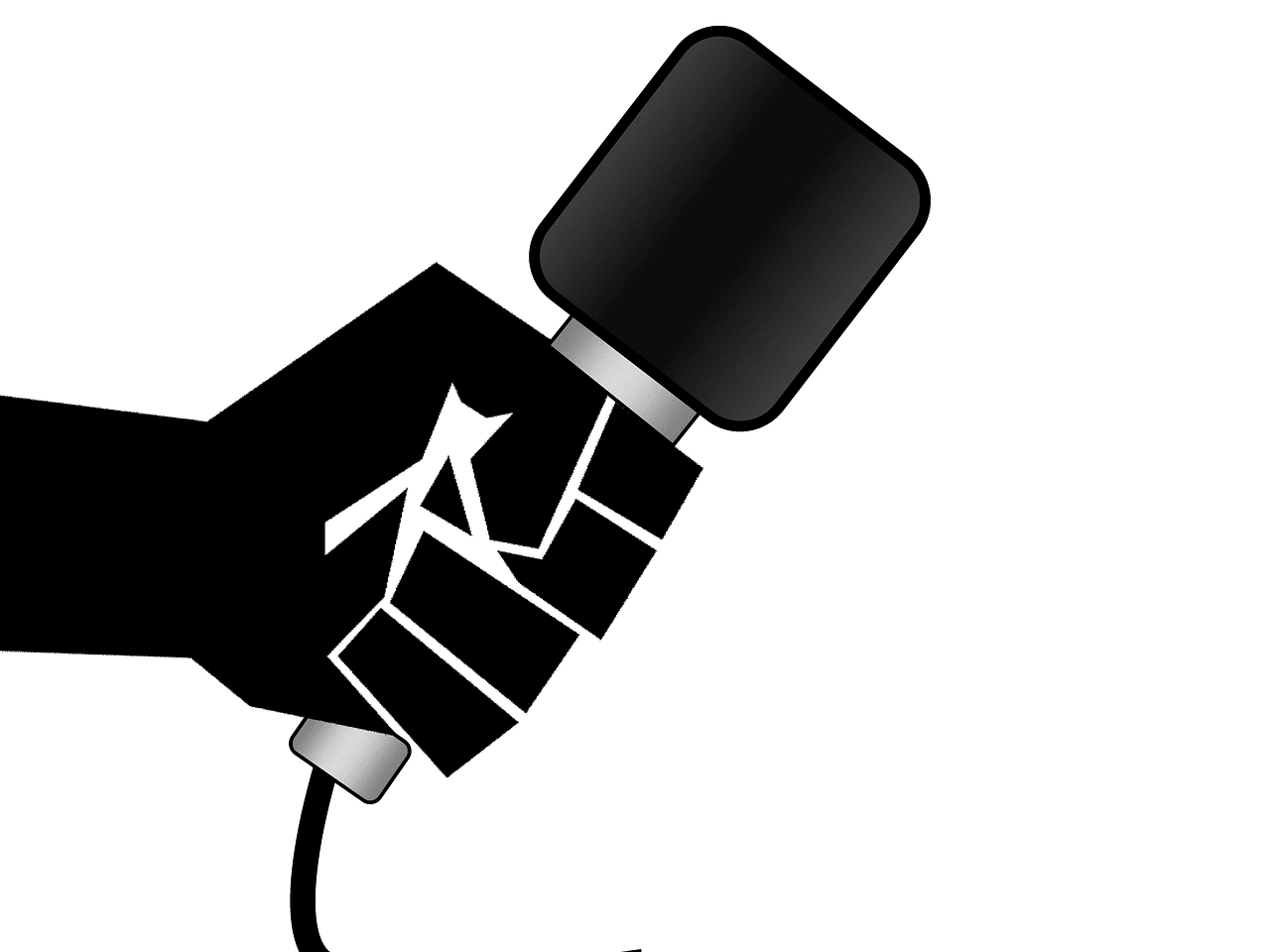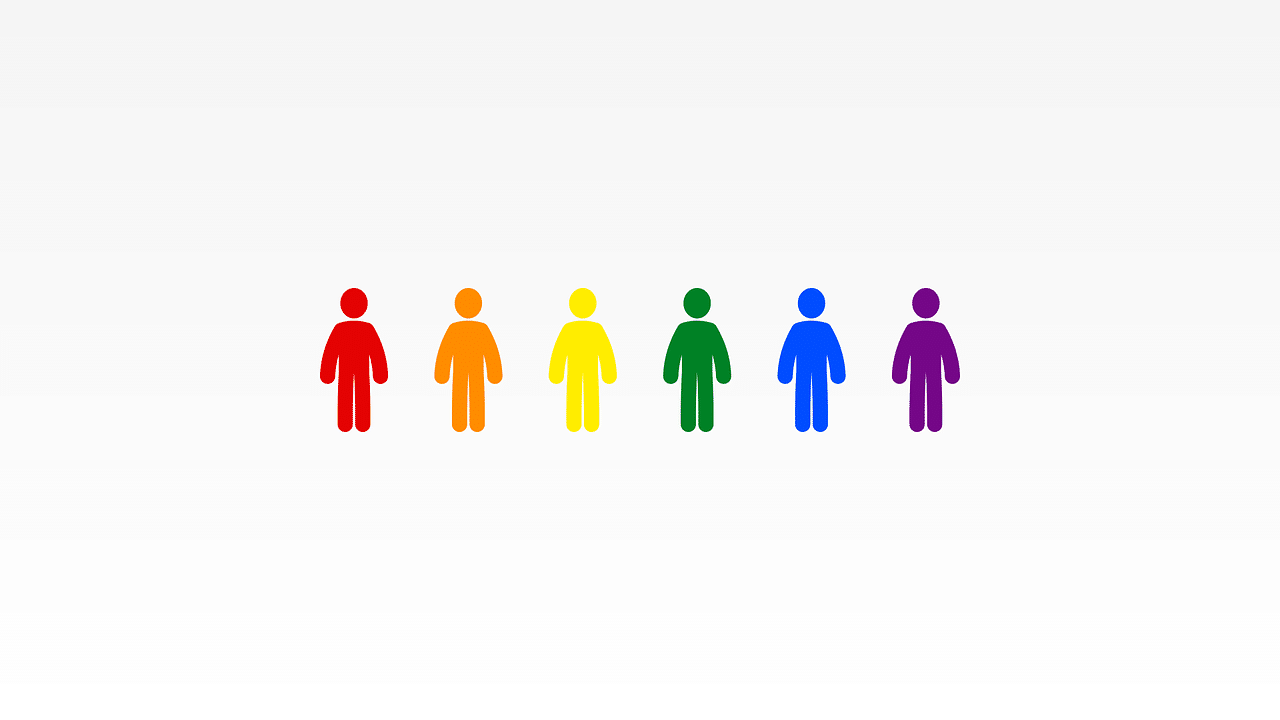
Freedom of the press is among the fundamental rights.
Fundamental rights are those that have the highest degree of protection as they are enshrined in the Constitution . They are considered to be inalienable from the dignity of the human being, making them inalienable and inviolable.
Before moving forward, it is important to indicate that rights are powers and obligations that come from the status of an individual or the links that he or she establishes with other subjects. These duties and powers are usually set forth in laws , which are mandatory rules.
The most important law of the State, which has a higher rank than the rest, is known as the Constitution . What the Constitution does is set limits on the functioning of state powers and establish the system of rights and freedoms of the people.
Fundamental rights and human rights
It is common for there to be confusion between fundamental rights and human rights . While human rights are inherent to people and do not present any limitations of application in terms of their territory, the fundamental rights that govern each country are detailed in its Constitution.
Human rights, therefore, correspond to all human beings without any discrimination , from the moment of their birth until death. These include the right to life and freedom of expression .
Fundamental rights, on the other hand, are guarantees that the inhabitants of a nation or a group of countries have. They are protected by specific legal systems and are framed in a national Constitution or some type of analogous document. Sometimes, it is argued that fundamental rights are human rights translated into positive law .

One of the fundamental rights of people is the right to food.
Recognition in the EU
The recognition of fundamental rights in the European Union ( EU ) occurs through a particular instrument: the Charter of Fundamental Rights . It was proclaimed in December 2000 by the European Commission ( EC ), the Council of the EU and the European Parliament .
The prohibition of torture , the prohibition of slavery , freedom of thought, freedom of information, freedom of association , freedom of assembly, the right to education , the right to work , the right to property, the The right to asylum and the protection of the rights of people with disabilities form part of this EU Charter of Fundamental Rights .
It is important to note that the application of this tool was a cause of confusion and debate. It was decided that its application is valid if the infringement occurs when an EU Member State applies a regulation of Community law or when the action that infringes the fundamental right comes from the institutional framework of the EU .
All EU institutions, such as the European Council , the European Parliament , the European Central Bank and the EC , have the obligation to respect the Charter of Fundamental Rights and must be responsible for monitoring compliance.

The protection of the rights of minorities integrates the fundamental rights that are recognized in various covenants and treaties.
Fundamental rights under the UN orbit
The United Nations Organization ( UN ) adopted the Universal Declaration of Human Rights at its General Assembly on December 10, 1948 . Although many fundamental rights are included there, it was not translated into a binding international treaty.
Later, in 1966 , the UN General Assembly adopted two international treaties (the International Covenant on Economic, Social and Cultural Rights and the International Covenant on Civil and Political Rights ) that all signatories must abide by.
Equality before the law, the right to a fair trial, freedom of movement and the protection of the rights of the child are some of the fundamental rights protected by the UN through these two agreements known as International Covenants on Human Rights. o New York Pacts .
Convention on the Rights of the Child
The Convention on the Rights of the Child was signed in 1989 and came into force in September 1990 . It is an international UN treaty that compiles, in 54 articles, the fundamental rights of children.
The right to special protection, the right to nationality , the right to housing and the right to free education are among the guarantees enshrined in this treaty. According to specialists, the innovation of the Convention is that it specifies the recognition of minors as subjects of law and, in turn, positions adults as subjects of responsibilities .
The violation of fundamental rights
The violation of fundamental rights is frequent beyond what is established in treaties, pacts and conventions. The reality reflects that many of these rights are systematically and daily violated despite what is established by law and that those responsible for these violations are not punished for their behavior.
Worldwide, millions of men and women do not have jobs and many more boys and girls do not attend school . There are people who are forced to live on the streets and do not have access to the most basic health services, without their right to health being respected.
If you think about the situation of a community in general, environmental protection is usually not guaranteed. It is increasingly common for people to live in environments with high levels of pollution that put their well-being at risk.
The right to peace is also not respected in numerous regions where wars and other types of armed confrontations take place. In fact, a war conflict usually causes the violation of numerous fundamental rights at the same time.
